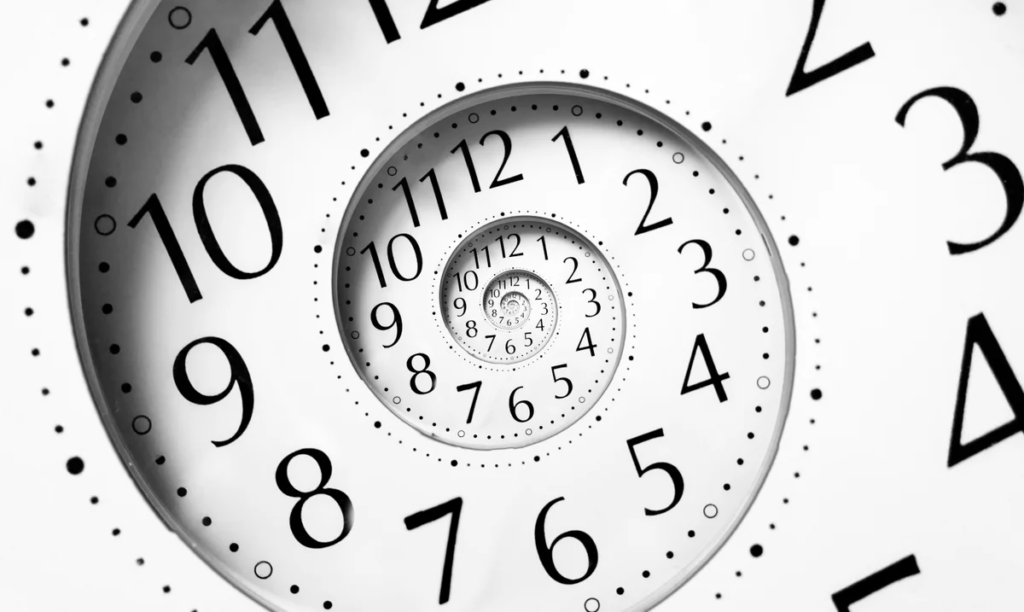how many seconds are in a day? This question may seem simple, but the answer can be surprising. A day has 24 hours, and each hour has 60 minutes. If we break it down further, each minute has 60 seconds. By multiplying these numbers, we can find out exactly how many seconds are in a full day.
The total number of seconds in a day is 86,400. That means every single day, from sunrise to midnight, the clock ticks 86,400 times! Understanding this helps us see how time is measured and why every second counts in our daily lives. Let’s explore more about time, its importance, and some fun facts about seconds in a day.
how many seconds are in a day? The Simple Calculation
how many seconds are in a day? This is a common question that helps us understand time better. A day has 24 hours, and each hour has 60 minutes. Every minute has 60 seconds, so we need to multiply these numbers to get the total number of seconds in one full day.
When we calculate it, we get: 24 × 60 × 60 = 86,400 seconds. This means that from midnight to midnight, a full day has 86,400 seconds. Every second matters because time never stops. Understanding time measurement helps us in daily life, from planning activities to setting schedules.
Breaking It Down: Hours, Minutes, and Seconds
Every day is divided into smaller units of time. We start with 24 hours, which is further divided into 1,440 minutes. Since each minute has 60 seconds, the number keeps growing. That’s how we reach the large number of 86,400 seconds in one day.
Time is measured this way to keep things organized. Whether we are studying, working, or sleeping, the clock is always moving forward. By knowing how seconds work, we can better manage our time and plan our daily tasks more effectively.
Why Does a Day Have 86,400 Seconds
A full day lasts for 24 hours because Earth takes that long to complete one full rotation. Since each hour has 60 minutes, and each minute has 60 seconds, we end up with 86,400 seconds in a day. This system of time measurement has been used for centuries.
Long ago, people used the movement of the Sun and stars to track time. Today, we use clocks and digital devices to measure time accurately. The concept of seconds helps in various fields, including science, sports, and daily life.
Do All Days Have the Same Number of Seconds
Most days have exactly 86,400 seconds, but some exceptions exist. The Earth’s rotation is not always perfectly steady. Sometimes, small adjustments are made to keep our clocks accurate. These adjustments are called leap seconds.
Leap seconds are added to keep time in sync with the Earth’s rotation. While they don’t happen often, they are important for technology and science. Without them, global timekeeping systems like GPS could become inaccurate over time.
Leap Seconds: When a Day Gets Longer

Leap seconds are rare but necessary. They help keep time accurate across the world. Scientists carefully decide when to add them, based on precise astronomical observations.
- Leap seconds are added to Coordinated Universal Time (UTC) when needed.
- They ensure that our clocks match the Earth’s actual rotation.
- Without them, small errors in timekeeping would add up over years.
How Many Seconds in a Week, Month, and Year
If one day has 86,400 seconds, we can calculate how many seconds are in longer periods. By multiplying, we get:
- One week (7 days): 86,400 × 7 = 604,800 seconds.
- One month (30 days): 86,400 × 30 = 2,592,000 seconds.
- One year (365 days): 86,400 × 365 = 31,536,000 seconds.
These numbers show how time adds up quickly. Even though we don’t usually count seconds in everyday life, they play a big role in measuring time.
Why Every Second Counts in Our Daily Life
Every second is valuable because time is limited. We use seconds to measure short moments, like how long it takes to blink or how fast a runner finishes a race.
When we manage our time well, we can be more productive. Wasting seconds may not seem like a big deal, but over time, small delays add up. That’s why keeping track of time is important in school, work, and personal life.
Fun Facts About Seconds, Time, and the Clock
Seconds are more interesting than we think! Here are some fun facts about them:
- The idea of a second comes from ancient Egyptian timekeeping.
- Atomic clocks measure time more accurately than regular clocks.
- A hummingbird’s wings beat about 80 times per second!
How Scientists Measure Time Accurately
Keeping time accurate is important for science and technology. Scientists use highly advanced tools to measure time, such as atomic clocks. These clocks are extremely precise and are used in fields like space research and GPS systems.
How Atomic Clocks Work
- They use vibrations of atoms to measure time.
- They are accurate within a fraction of a second over millions of years.
- They help in navigation, space missions, and global timekeeping.
Final Thoughts: Understanding Time in Seconds

Time is one of the most important things in our lives. Knowing how many seconds are in a day helps us appreciate how time is measured. Whether we are studying, working, or relaxing, time keeps moving forward.
Every second is a chance to do something meaningful. By understanding time better, we can use it wisely and make the most out of each day!
FAQs
Q: How many seconds are in a full day?
A: There are exactly 86,400 seconds in one full day, from midnight to midnight.
Q: Why does a day have 86,400 seconds?
A: A day has 24 hours, each hour has 60 minutes, and each minute has 60 seconds. Multiplying them gives 86,400 seconds.
Q: Can a day have more than 86,400 seconds?
A: Yes, sometimes a leap second is added to keep time accurate with Earth’s rotation.
